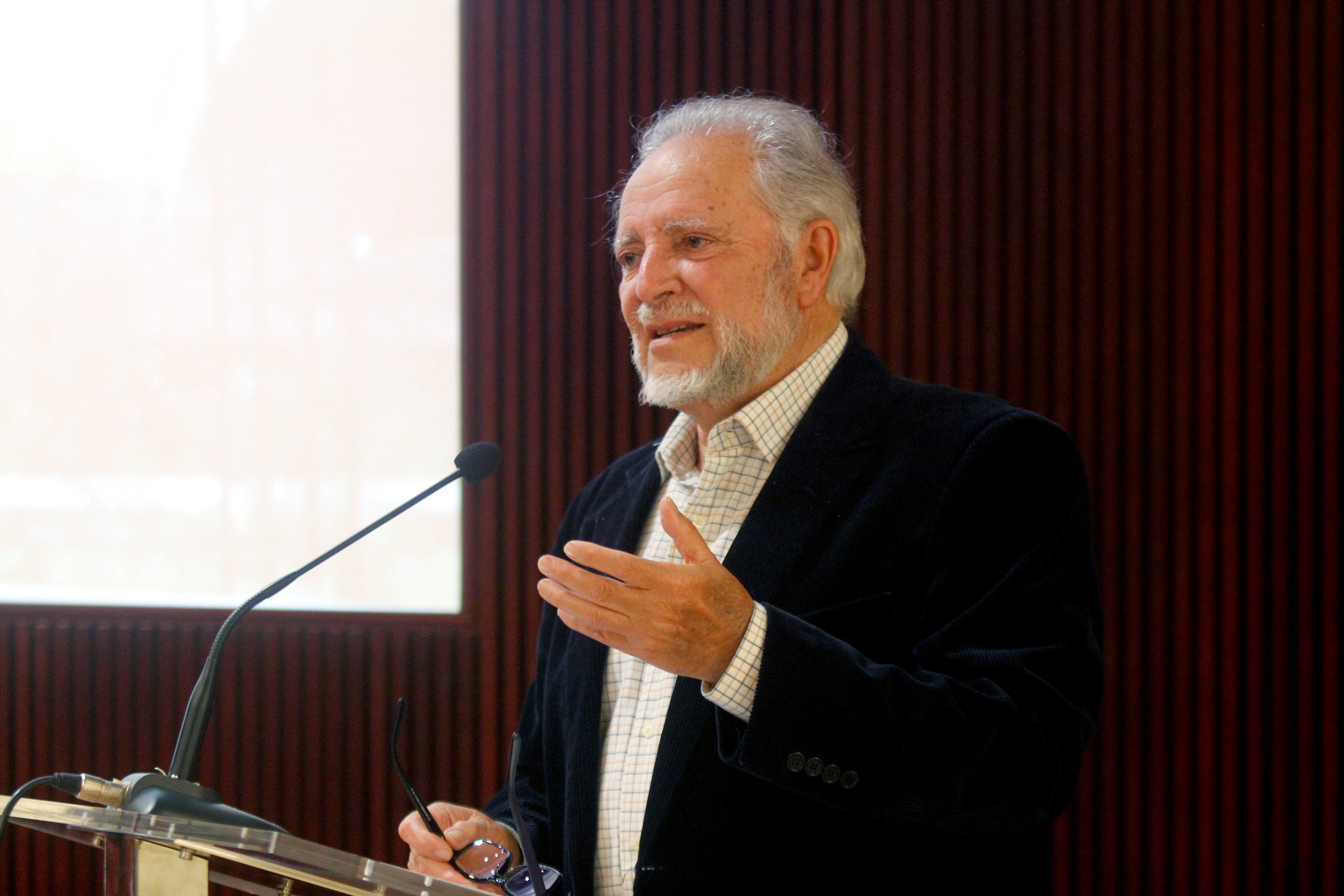"The person who convinced me that Spain has political prisoners is the judge himself, Pablo Llarena". This is the powerful conclusion given by one of the elder statesmen of the Spanish left, former communist leader Julio Anguita in an interview with Catalunya Ràdio, in which he also explained that at times he doubted whether this definition could be applied fairly.
To justify his theory, Anguita began by explaining that there are many professors of criminal law who severely criticize the decisions of Spanish Supreme Court judge Llarena - and "especially the accusation of an offence of rebellion" - in the case that the judge is hearing against the leaders of the Catalan independence drive. Anguita also pointed out that the countries of Belgium, Germany, Switzerland and Scotland have not yet decided to extradite a single politician in response to the accusations that Llarena has presented.
But Anguita was especially forceful against the judge's refusal to allow Catalan MP Jordi Sànchez, imprisoned on remand for the last six months, to attend the session for investiture of Catalan president: "Sànchez has not been found guilty and a judge cannot base an allegation on the fact that the candidate belongs to Together for Catalonia (JxCat), a party that wants independence for Catalonia". He highlighted that "aspiring to independence is not a crime". According to Anguita there would only be a crime "if this independence were reached using violent means".
Julio Anguita considers that in Spain "intentions are being put on trial" now, as judge Llarena has found that "the offence of rebellion is not accepted either within Spain or abroad". "Putting intentions on trial is political persecution," he said.
Finally the former head of Spain's United Left asserted that the conflict in Catalonia is a result of two major errors: "That of Mariano Rajoy and that of the Constitutional Court". In the latter case, Anguita was referring to the way that Catalonia's new Statute of Autonomy, the document defining the relationship of Catalonia within Spain, was heavily cut by Spain's highest court in 2010, although it had already been "approved by the Spanish Congress and signed by the king".

